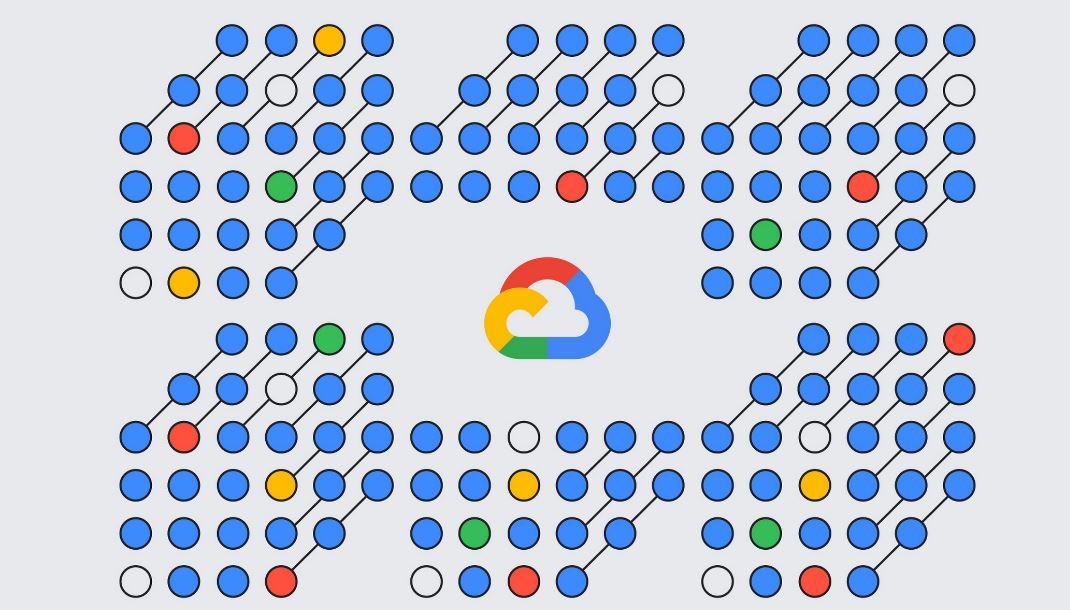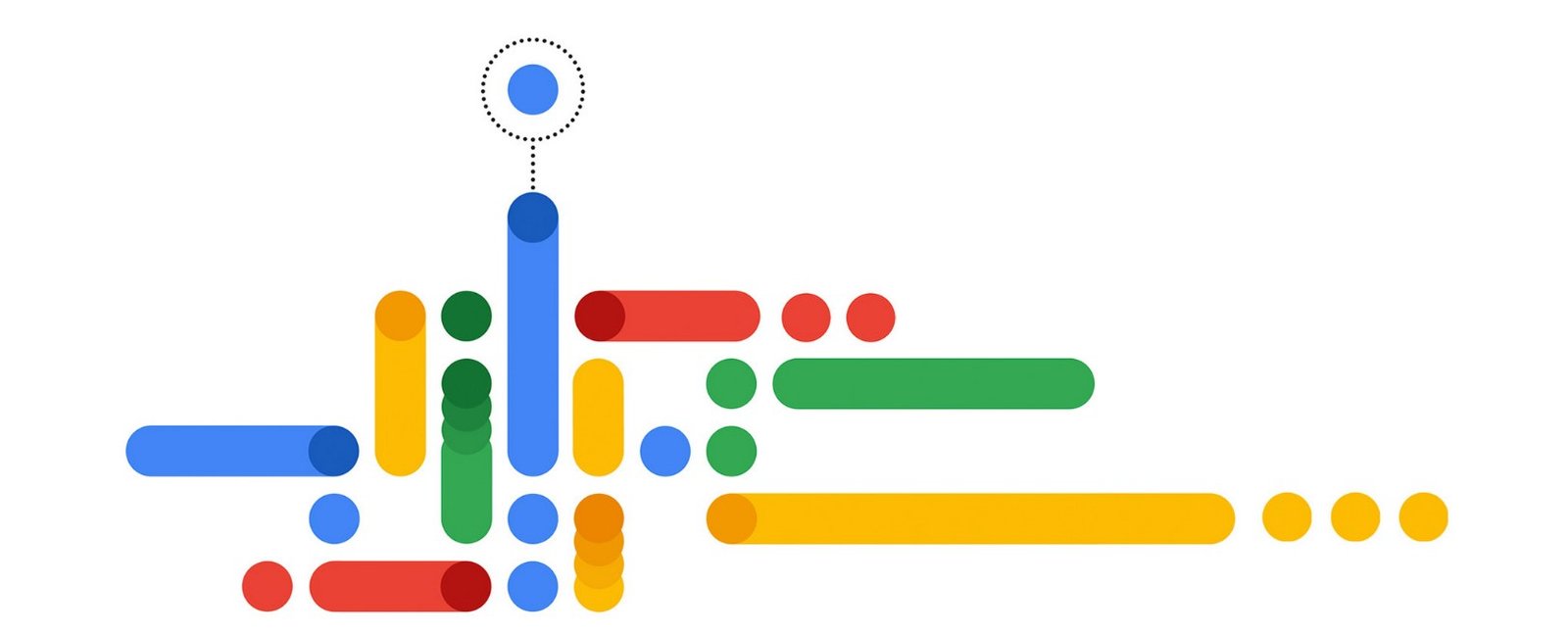Cloud Dataproc in Google Cloud Platform (GCP) is a fully managed service for running Apache Hadoop and Apache Spark workloads. In this overview, we’ll cover the definition, how to use, commands (if applicable), use cases, examples, costs, and pros and cons of Cloud Dataproc in GCP.
Definition:
Cloud Dataproc is a managed service that simplifies the provisioning, configuration, and management of Hadoop and Spark clusters, allowing users to process and analyze large-scale data in a cost-effective and efficient manner. It is designed to be compatible with existing Hadoop and Spark ecosystems, making it easy to migrate on-premises workloads to the cloud or leverage existing tools and libraries.
How to use:
1. Create a Dataproc cluster: Set up a cluster using the Cloud Console, `gcloud` command-line tool, or the Dataproc API. Configure the cluster size, machine types, network settings, and other options according to your requirements.
2. Submit jobs: Run Hadoop, Spark, or other supported workloads by submitting jobs to the Dataproc cluster. Jobs can be submitted using the Cloud Console, `gcloud` command-line tool, or the Dataproc API.
3. Monitor and manage: Track the progress of your jobs, view logs, and monitor the performance of your cluster using the Cloud Console, Stackdriver Monitoring, and Stackdriver Logging services.
4. Resize and delete: Resize your cluster by adding or removing nodes to accommodate your workload requirements. Delete the cluster when it is no longer needed to save costs.
Commands:
You can manage Cloud Dataproc using the `gcloud` command-line tool:
– To create a cluster: `gcloud dataproc clusters create CLUSTER_NAME –region REGION –subnet SUBNET –zone ZONE –master-machine-type MASTER_MACHINE_TYPE –worker-machine-type WORKER_MACHINE_TYPE –num-workers NUM_WORKERS`
– To list clusters: `gcloud dataproc clusters list –region REGION`
– To submit a job: `gcloud dataproc jobs submit JOB_TYPE –cluster CLUSTER_NAME –region REGION — JOB_ARGS`
– To delete a cluster: `gcloud dataproc clusters delete CLUSTER_NAME –region REGION`
Use cases:
– Large-scale data processing and analytics using Hadoop, Spark, or other supported frameworks
– ETL (Extract, Transform, Load) operations for data migration, warehousing, and integration
– Machine learning and data science workloads
– Data processing pipelines for real-time or batch analytics




